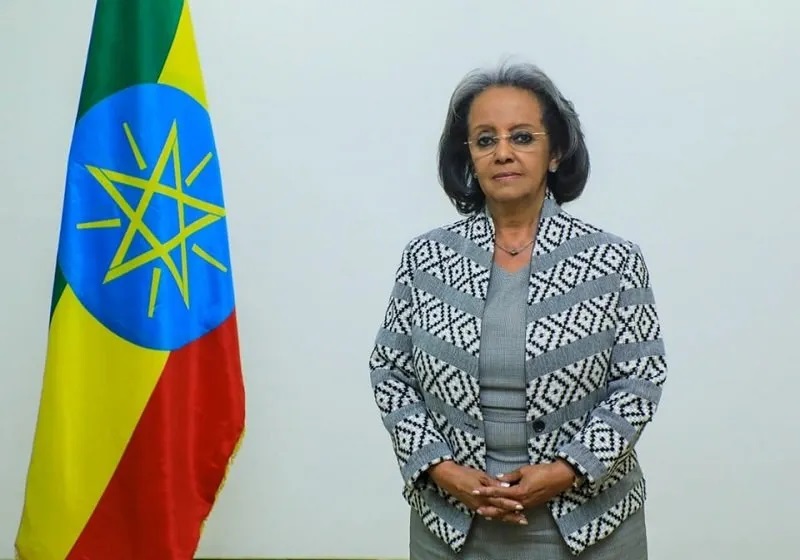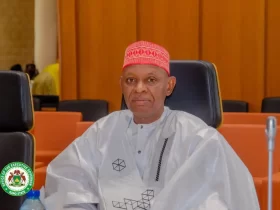The International Monetary Fund has reached a crucial agreement to lend Ethiopia $3.4 billion over four years, signaling a pivotal step in commencing negotiations with creditors for the restructuring of the nation’s debt. The decision also enables the immediate disbursement of approximately $1 billion, as confirmed by the fund in a statement released on Monday.
Significance of the Funding and Debt Restructuring:
The approved funds form a part of the approximately $10.7 billion that Ethiopia anticipates from creditors through loans, grants, and debt re-profiling. Notably, the IMF emphasized that the program will function as a catalyst for securing additional external financing from development partners and will provide a framework for the successful completion of the ongoing debt restructuring.
Impact of Recent Civil Unrest and Debt Situation:
Ethiopia, with an external debt of about $28.4 billion, has been actively working to restructure its loans since 2021, a process that was hindered by a two-year civil conflict in the nation’s Tigray region until its resolution in November 2022. The country further faced a eurobond payment default in December, underscoring the critical importance of IMF support.
Acknowledgement of Landmark Achievement:
IMF Managing Director Kristalina Georgieva hailed the agreement as a “landmark moment for Ethiopia,” recognizing the significance of the IMF program in Ethiopia’s economic trajectory.
Key Policy Reforms and Economic Projections:
Ethiopia’s central bank’s decision to allow the nation’s currency, the birr, to trade freely played a pivotal role in facilitating the IMF agreement. This step is reminiscent of a similar measure taken by Egypt in March, which led to an $8 billion bailout from the IMF.
The Ethiopian government’s commitment to economic reforms under Prime Minister Abiy Ahmed’s leadership, including opening domestic banks to foreign investment and establishing a capital market, contributed to the IMF program’s fruition. Ethiopia has undertaken eight previous IMF arrangements, according to the lender’s website.
Expected Outcomes of the IMF Program:
The IMF outlined that the new program will address macroeconomic imbalances, restore external debt sustainability, and lay the groundwork for robust, inclusive, and private sector-led growth. Furthermore, under the current fiscal program, the country’s fuel and fertilizer subsidies, commonly observed measures in emerging economies, will be gradually phased out.
The IMF projects real gross domestic product to grow by 6.5% in the current fiscal year, with acceleration to 8% by 2027-28. Simultaneously, the inflation rate is expected to drop from 30% to approximately 10% over the same period, while the external debt-to-GDP ratio will decline from 28% to about 23%. These projections reflect the anticipated positive outcomes of the IMF program on Ethiopia’s economic landscape.


















